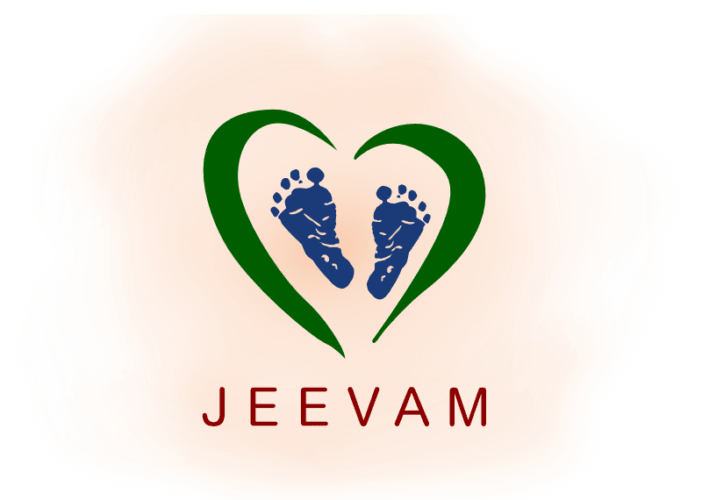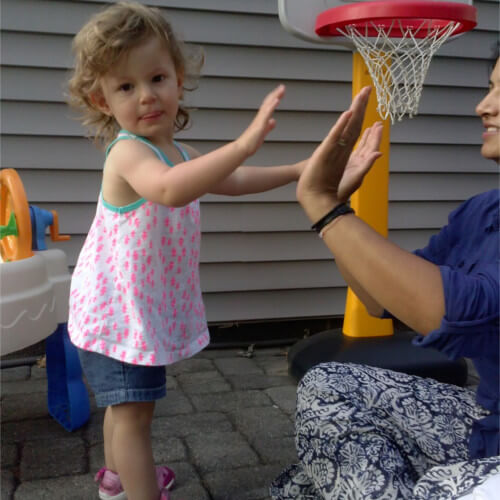Williams Syndrome
Raising a child with Williams Syndrome can be a profoundly joyful experience. There are, however, health concerns specific to this type of condition. Some of them involve physical movement, strength, and balance. There are several ways that physical therapy can help children with Williams Syndrome. If you have a child with this condition it’s important to understand exactly what the syndrome is, the symptoms often associated with the condition, and how a physical therapist can help a child live a full and productive life.
What is Williams Syndrome?
Williams Syndrome, also known as Williams Beuren Syndrome, is a genetic disorder that is relatively rare. It is generally characterized by growth abnormalities, delayed development, and cardiovascular disease. This disorder occurs approximately once in every 10,000 to 20,000 births in the U.S. While there are some cases where this condition runs in families, most cases occur for unknown reasons.
What are the Symptoms of Williams Syndrome?
Children with Williams Syndrome are often very sociable and display above average communication skills. There are some symptoms that may need medical attention or therapy. The following are some of the more prominent symptoms seen in children with Williams Syndrome:
- There are usually delays in growth right before and after birth.
- Children with this syndrome often have a full, round face and full cheeks.
- A child may display mental deficiencies to varying degrees.
- A small jaw and dental abnormalities are sometimes associated with this condition.
- A child will normally have a short stature.
- Congenital heart defects are seen in the majority of children with this condition.
- Both gross and fine motor skills are usually delayed.
- A child will usually have weak muscle tone and struggle with balance.
How Can Physical Therapy Help Those with This Condition?
Children with Williams Syndrome often struggle with weak muscles or have balance problems. A physical therapist can put together a personalized program that would specifically address improving balance and strengthening muscle tone. For a young child, a physical therapy program might include play-based learning and exercises. Using puzzles, manipulating toys, and playing games may all be part of a therapy program to increase both fine and gross motor skills. A physical therapy program may even include dance or music to help a child increase both flexibility and balance. It’s important for a child to work with a physical therapist as young as possible to promote physical development and reduce any delays.
Jeevam Therapy in Edison and Paramus, NJ can Help
At Jeevam Therapy, our Edison and Paramus, NJ physical therapists specialize in pediatric physical therapy. A physical therapist can create a personalized program for your child based on a thorough evaluation. We can help children with Williams Syndrome reach their full potential with a physical therapy program that is fun, nurturing, and effective. Contact us today and find out how a physical therapist at Jeevam Therapy can develop individualized therapy to help your child increase strength, balance, and flexibility.



